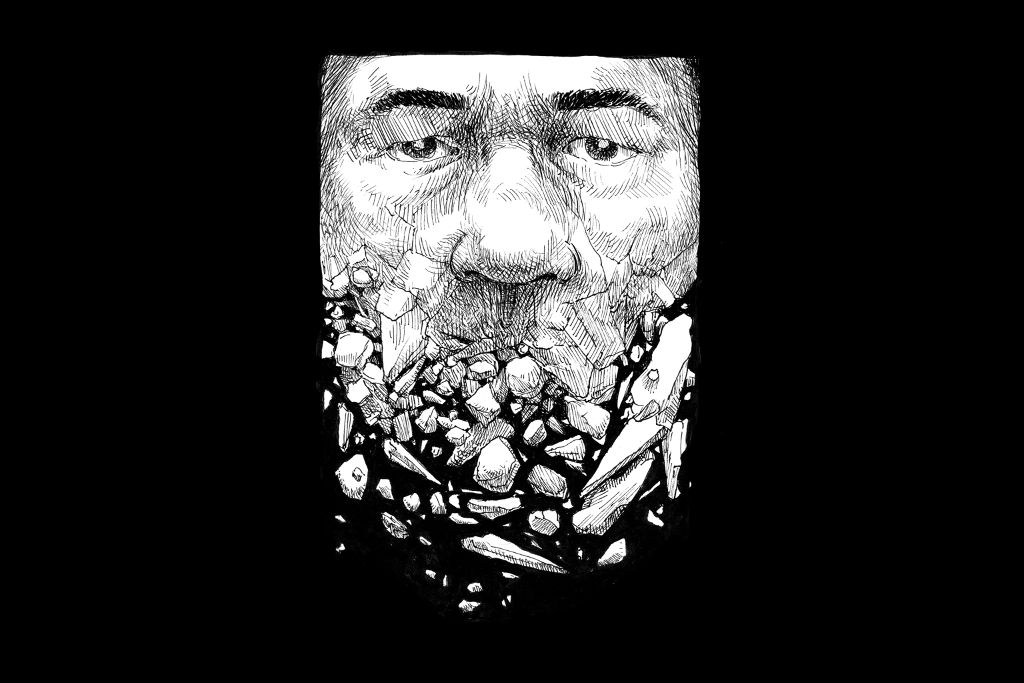How Does The Media Affect Australia’s Opinion Of Asylum Seekers? We’re Hosting A Panel To Find Out
Join Julian Burnside and some of Australia's best journalists for a discussion about this uniquely divisive issue.

It’s no secret that many Australians still have a problem with asylum seekers. Our Prime Minister was elected on the premise of a three-word slogan that openly appealed to xenophobia, and only 22 percent of the nation describe the government’s detention policies as “too tough” despite the fact they’ve been found in breach of the United Nations Convention Against Torture. The Australian version of Cards Against Humanity now has a card that reads “Boat people: half boat, half human”.
Of course, this hasn’t happened overnight. Australia’s relationship with asylum seekers has deep roots in our history, politics and cultural psyche and, most importantly, it’s still constantly evolving. As most Australians don’t have any direct experience interacting with recent refugees, our opinion of them is — for better or worse — largely being shaped through their representation in the media. But with the press being severely limited by restricted access to detention centres and our politicians having a history of spinning narratives that aren’t the entire truth, what are our opinions actually based on these days, and how can the media change anything?
To create a discussion around this important and uniquely divisive issue, we’ll be hosting a panel at Giant Dwarf on Tuesday June 23 in conjunction with GetUp! and their asylum seeker reportage project The Shipping News.
Launched last year, The Shipping News is a crowdfunded project that provides grants to journalists, artists and storytellers looking to improve the national conversation about asylum seekers. The initiative has now published a vast array of longform journalism, films, graphic novels and interviews that find unique ways to tell stories and reveal a human side to the politically-fraught issue. Many of these works have since gone on to be published in bigger publications like Guardian Australia, The Monthly, and The Saturday Paper and they’ve all contributed a fresh perspective on the issue.
On Monday night we’ll be presenting a selection of these pieces, and our assistant editor, and our assistant editor Alex McKinnon will be moderating a discussion about the realities of reporting around these issues with some very, very smart folks:
–
JULIAN BURNSIDE: A barrister, human rights advocate and member of the Order of Australia, Julian Burnside is one of the most consistent and principled voices in Australia’s asylum seeker justice movement. A recipient of numerous legal and human rights awards and a staunch opponent of the mandatory detention policies of successive governments, Burnside has provided legal counsel and assistance for refugees and asylum seekers and was declared a National Living Treasure in 2006.
–
JO CHANDLER: Jo Chandler is a Walkley-winning freelance journalist, author and editor, and an Honorary Fellow of the Alfred Deakin Research Institute. The winner of a host of journalism and science-journalism awards, Chandler served as a roving national and international correspondent for Fairfax Media and has written for The Guardian, Yale Environment 360, New Scientist and TIME, as well as The Shipping News.
–
PAUL FARRELL: Paul Farrell is a Guardian Australia journalist who reports on immigration detention, national security and surveillance. He was the inaugural winner of the 2014 Amnesty International Australia award for best online/print news story. Before joining Guardian Australia he was a co-founder of Detention Logs, an investigative website dedicated to enhancing transparency in Australia’s immigration detention centres using freedom of information requests.
–
BARAT ALI BATOOR: A photojournalist and the son of Hazara refugees, Barat Ali Batoor returned to his family’s native Afghanistan in 2001 to document the plight of the Afghan people. His 2014 TED talk, in which he recounted being forced to flee Pakistan by boat and seek asylum himself, has been viewed over 680,000 times.
–
Junkee and GetUp! Present: The Untold Stories Of Asylum Seekers
When: Tuesday June 23, from 7pm
Where: Giant Dwarf, 199 Cleveland Street, Redfern
Tickets: Entry is free, however we suggest making a $10 donation to help fund GetUp’s future investigative journalism projects.
–
Feature image by Shipping News grant recipient Safdar Ahmed, from his graphic novella ‘Villawood’.
For more on the Shipping News, head here.